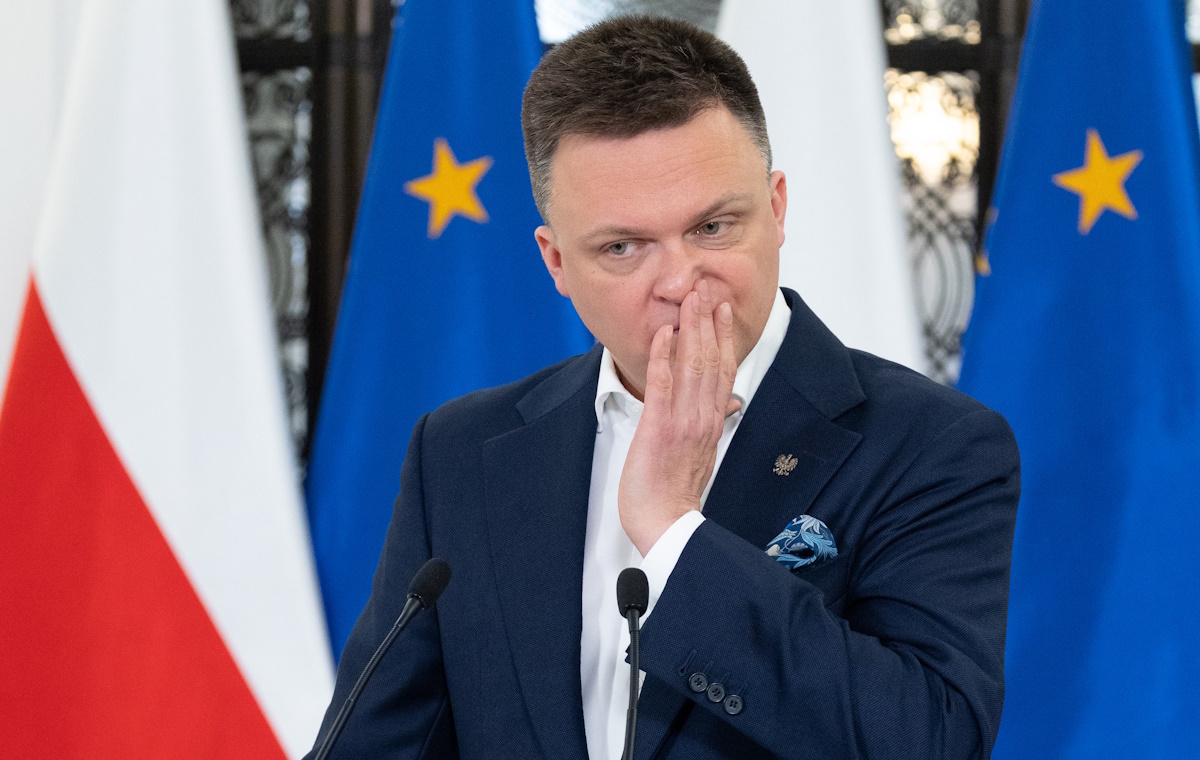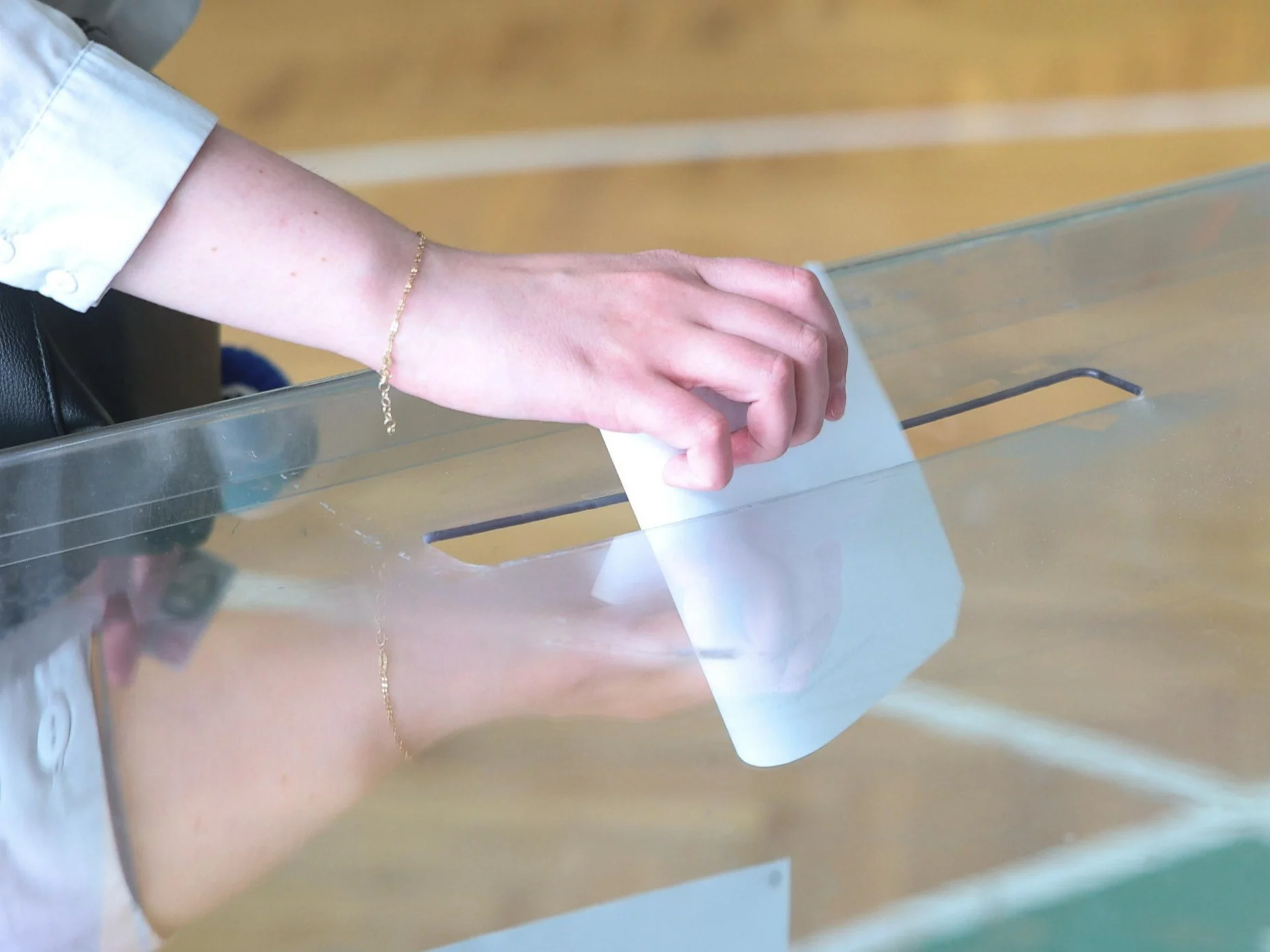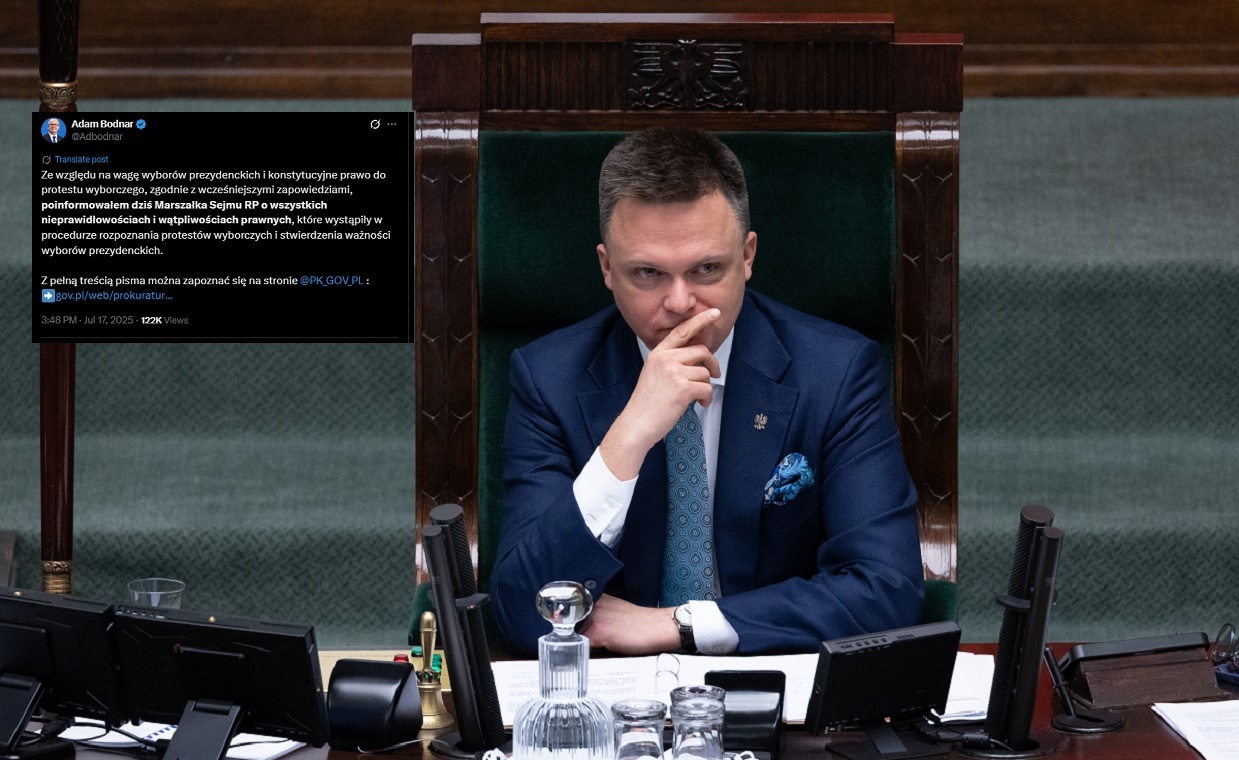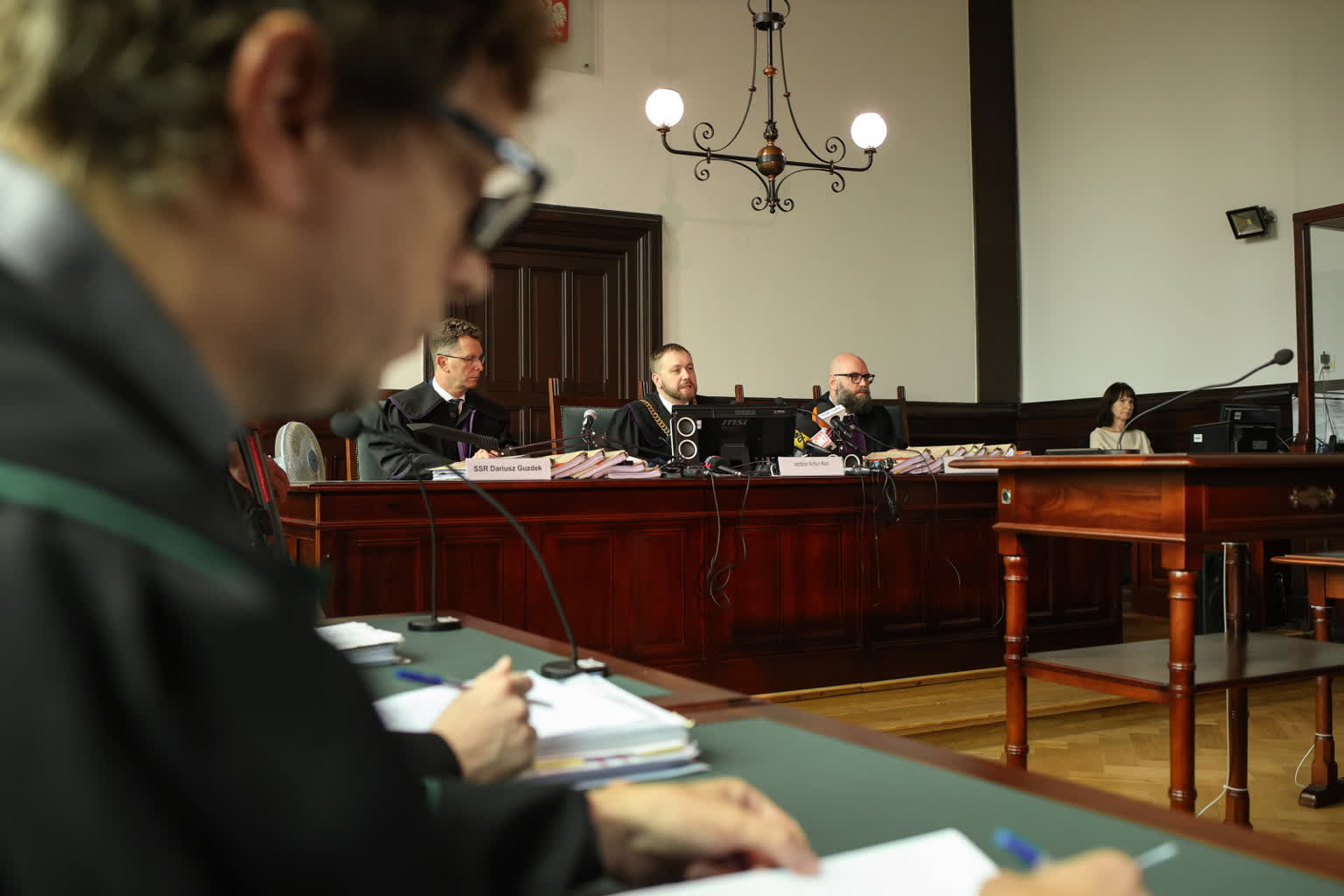As far as I can tell, thousands of people have already gone to test their perfect presidential candidate. And the thousands did something completely different than they thought they would. Many of my friends are sitting in front of the screen with amazement on their faces and see that according to their views they should not vote for Rafał Trzaskowski or Karol Nawrocki.
I figured the perfect candidate was... Adrian Zandberg, followed by Magdalena Biejat, then Joanna Senyszyn, and then Simon Holovnia. Then there is Rafał Trzaskowski and – about horror – Maciej Maciak. I can inactive see you with a fuller under your neck, so it's Mark Jakubiak.
The cousin of non-left views did the same, the colleague of the manufacture as well.
I'm not writing this to encourage or discourage a candidate. It besides shows that the candidates we plan to vote on are not necessarily perfect in terms of compatibility.
Are we more left than we think?
I can handle it, but quite a few voters are in the mediate of something. Of course, each of us lives in a certain bubble. But possibly we're actually more left-wing than we think.
With this question I addressed Michał Tragarz from the Centre for Civic Education. It is this organization that is liable for preparing the "Election Lantern", a popular tool that allows us to find the views of candidates for the office of President.
– In general, the Lantern seems to advance a small more those who have clear views and those candidates who give precise answers to questions. The tool algorithm grants more points for the compatibility of the consequence in case of "I agree" or "I disagree" than the compatibility in case of "I have no opinion". So if the candidate gives more answers "I don't have an opinion", he has little chances of showing up at the top of the results – explains Michał Tragarz.
This is explained by Karol Nawrocki. His position in Latarnik stirred many right-wing commentators.
– This candidate on 4 issues replied that he "has no opinion" (although his comments at the same time indicate that he does). By the strength of things, the user who has an opinion on these matters will have a higher percent of compliance with those candidates who responded the same way. Candidates who respond many times "I don't have an opinion" alternatively harm themselves a little," he says.
He adds that it is not manipulation.
– That's how this algorithm works. More points admit the "I agree" and "I disagree" consequence than the "I don't have an opinion" response. The staffs have besides been informed how it is done and how the points are converted – reserves the Tragarz.
It's 1 explanation of a "left tilt" that quite a few people pay attention to. The next 1 is simply a small more complicated.
– I reserve that this is my individual opinion. But it is not unmistakable that in the current run we observe alternatively a right-wing tilt. My point is that the main candidates outrun themselves in postulates that are close to the conservative environment, or even the more right-wing environment. I don't think we're looking at bids for left-wing postulates. At the same time, a very large part of society is close to centre-left opinions, e.g. in matters of morals, we are not even talking about extremist left. I think those candidates who are not ashamed to respond according to these left-wing values have a tiny bonus – says Michał Tragarz.
When I ask which candidates are the most popular, the most "consistent" with users of the Lantern explains that it is unknown. specified data is not collected.
– We don't know what the users of the Lantern are saying, we don't see it. All we know is how many people are filling out the run lighthouse, the full survey is anonymous – he explains.
Trendy questions? Not really.
The flashlight must besides face allegations of bias of questions. According to right-wing users, it has a left-wing tilt of course.
– Questioning is simply a very long process. We have quite a few work to do to guarantee that the statements contained in the survey represent those issues that are now in the political discourse crucial to society. We choose them in respective stages. On the 1 hand, the selection is carried out jointly with experts, with politicians from different sides and backgrounds. We cooperate with the Jagiellonian Club and with the fresh Confederation, but besides with people who cooperate with Political Critics – says Tragarz.
He explains that this is only 1 of the stages of the construction of the Lantern. This year, the CEO besides conducted a survey among 45,000 people. Their answers were besides applicable to the issues that were found in the Lantern.
– But that's not all, due to the fact that erstwhile we have a list of topics, we inactive gotta make a message for each of them. It must be precise, clear, understandable, must be answered "I agree", "I disagree". Its form must be closed and neutral. It must not contain evaluation wordings – explains our caller.
– We effort to formulate statements in specified a way that there is balance in them. There cannot be specified a situation that, for example, a individual with right-wing views will respond to all the statements "I agree". We're making certain there's no tilt. And even I think there are more statements in this year's Lantern that people with classical right-wing views agree with. But there is always individual who will say that we are not asking about that – says Michał Tragarz.
He adds that defence and safety issues are powerfully represented this year. But is that abuse?
– No way. This is definitely an crucial subject for people, it appears in political debate, besides our users pointed out that this is crucial to them – explains Tragarz.
He adds that there is besides no anticipation for candidates to "twirl" their positions to fit more users. The only way is not to answer "I don't have an opinion."
– The more specified answers, the little chance of jumping to the summit, especially in those who have clear political views. But there is no strategy to guarantee more "consistent" users – he explains.
Why don't we vote for those who have the same views?
The most crucial thing remains. After the emotions that the Lantern has caused, it is clear that many people have sought to confirm their views with the candidate they intend to vote for. And many have learned that the situation is much more complicated: their candidates do not represent their point of view.
The electoral decision-making criteria are a separate topic. Of course, we do not vote according to any reliable and thorough analysis of the program and checking compliance. There's quite a few another things coming in.
Like an image that's very important. For others, it will number that the candidate simply seems a nice, good, honest man. If individual respects a candidate, he will vote for him even if he does not agree with him. Their staff is working hard on the candidates' images.
– There is 1 more point: voters are very powerfully guided by wider calculations. I don't think quite a few people want to be on the side of losers. So if we see that our candidate has a chance of 3 or 4 percent of the vote, then we must be very determined, very convinced of this person, to give – in quotes – a "lost voice". There are besides studies about wanting to be on the winning side. If we see that a candidate has a chance to win, and we're a small indecisive, then we may tend to vote for the leader of the polls. This may be a form of bonus despite not entirely agreeable views," adds Michał Tragarz.
He explains that there are many akin factors. any voters may feel it would be good for the president to be from the same political camp as the ruling party. They are willing to close their teeth even if they do not agree with the full policy.
– There are quite a few criteria that voters consider. Conformity of views is 1 of them. The main thought of the Lantern is that voters should just think about it, so that they pay attention to it. possibly they will be surprised, possibly amazed that what they thought did not work out. It's about reflection. This is our target. I think any people take the Lantern a small besides seriously as an oracle. We are not the oracle, and we do not claim the right to tell people how to vote in elections. This is not our goal, our function. Our goal is to encourage people to reflect on why they want to vote on another person," explains Michał Tragarz.

















